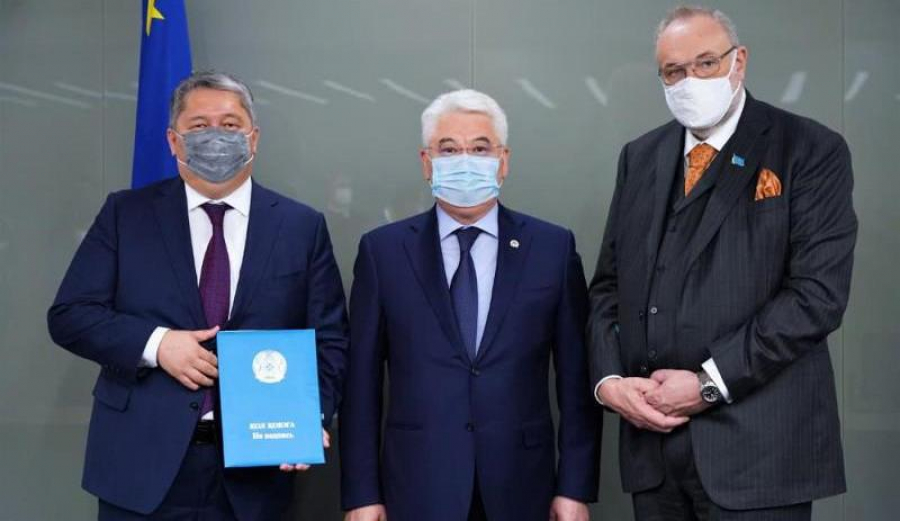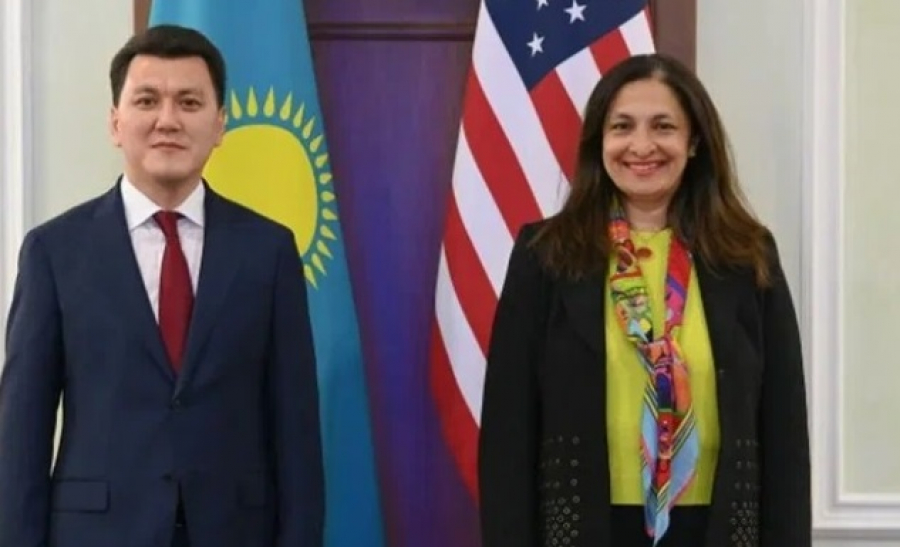
The
agreement on a free trade zone in the services sector is one of the
achievements of the Commonwealth of Independent States, according to experts in
international relations. Additionally, other joint programs in the energy and
chemical industries can also be seen as indicators of the outcomes of the
Commonwealth’s work. Plans are also in place for promising areas, such as
transport logistics, especially as the parties increase freight transportation,
with a nearly eight percent rise by year-end. It is important to consider the
potential of international corridors, many of which are located within the
territories of CIS member states. The CIS participants are also focusing on cooperation
with other countries and regional organizations.
«First of
all, it should be noted that this year, an agreement on the free trade zone in
the services sector was signed. Previously, we had a free trade zone for
goods, and within the CIS, trade in goods was conducted. Over the years that
the agreement has been in effect, trade has grown significantly. We have been
purchasing more from our CIS partners, and our CIS partners have started buying
more from Russia. However, trade in goods leads to trade in services. So,
currently, we are primarily focused on harmonizing legislation in the field of
services trade,» said Dmitry Lanko, associate professor at St. Petersburg State
University.
«At present, a very promising direction for us is the
Islamic Republic of Iran. It is seeking to actively integrate primarily through
the CIS, not, for example, through the SCO, with a clear focus on the CIS. This
is largely due to Iran’s growing integration with Russia. Furthermore, Iran has
its own interests in Central Asia, just like Türkiye,» said Alexander Ketov,
associate professor at St. Petersburg Humanitarian University of Trade Unions.









